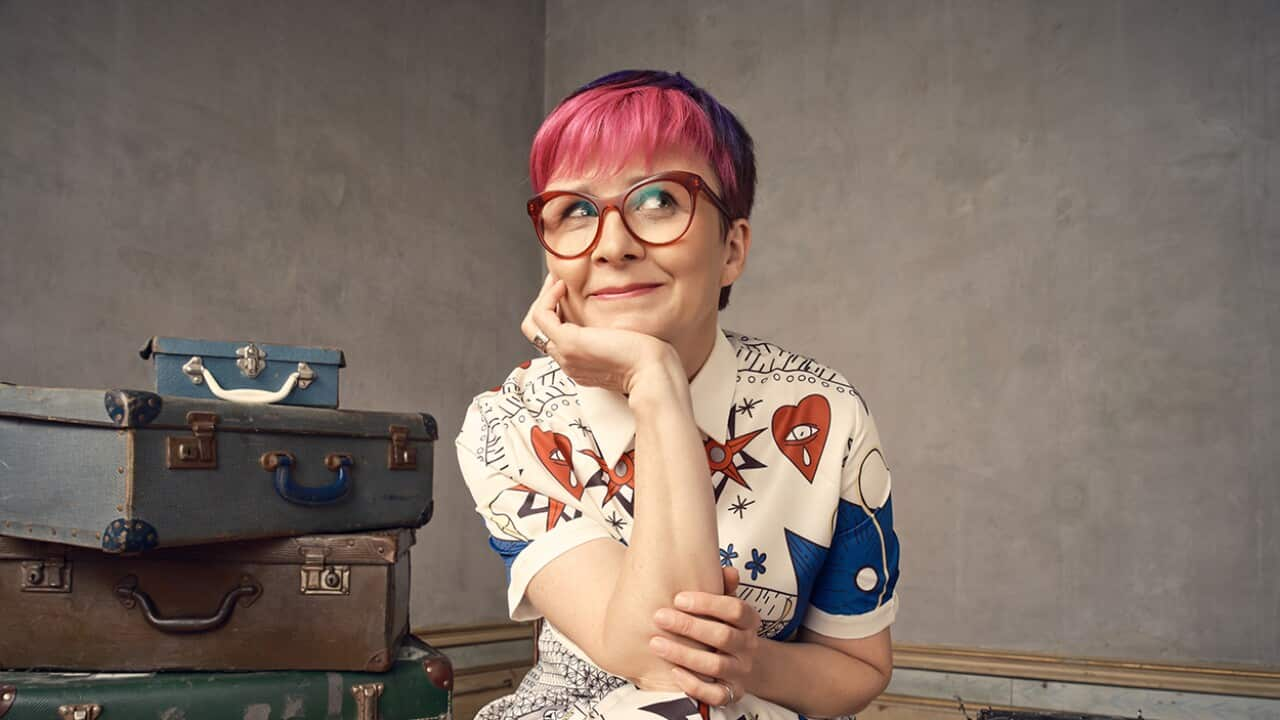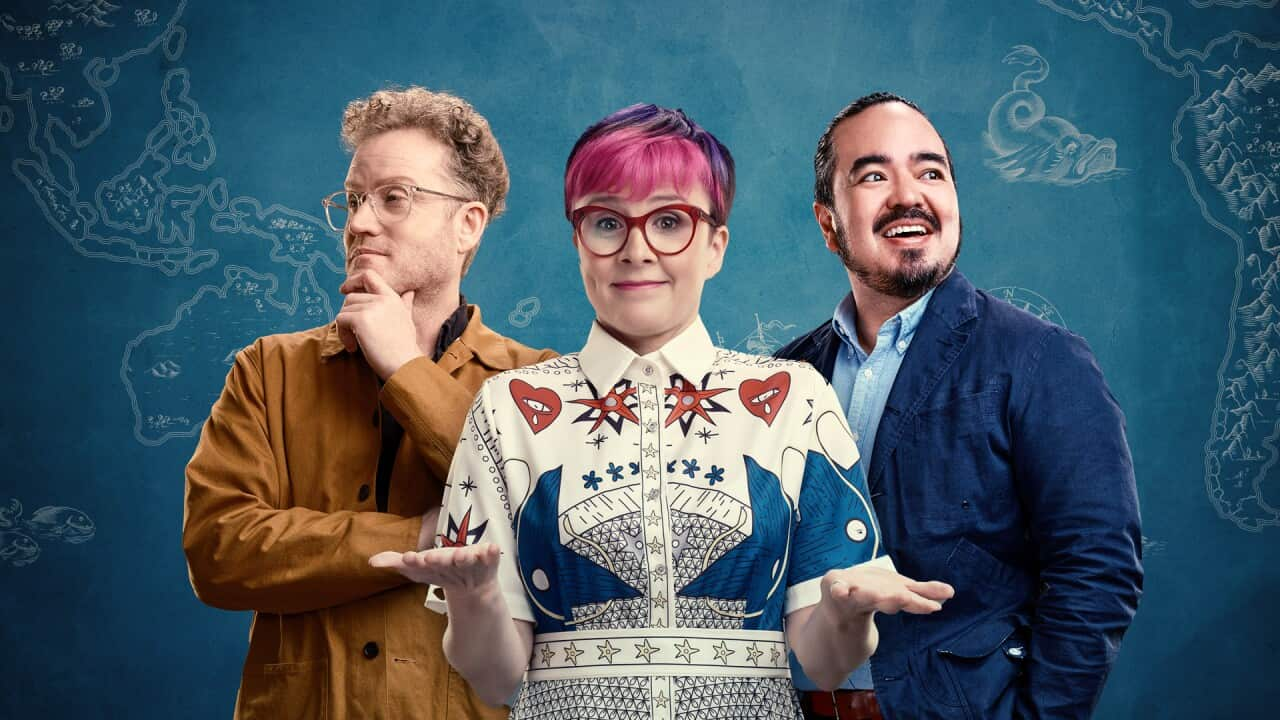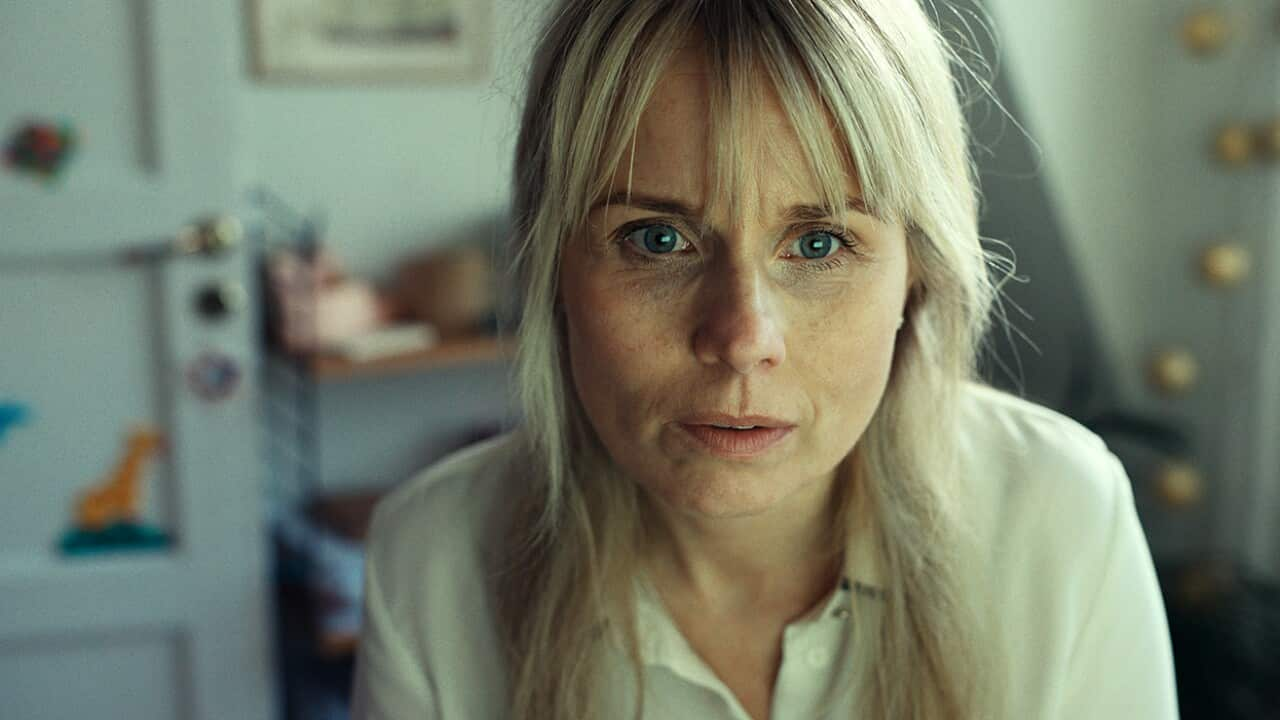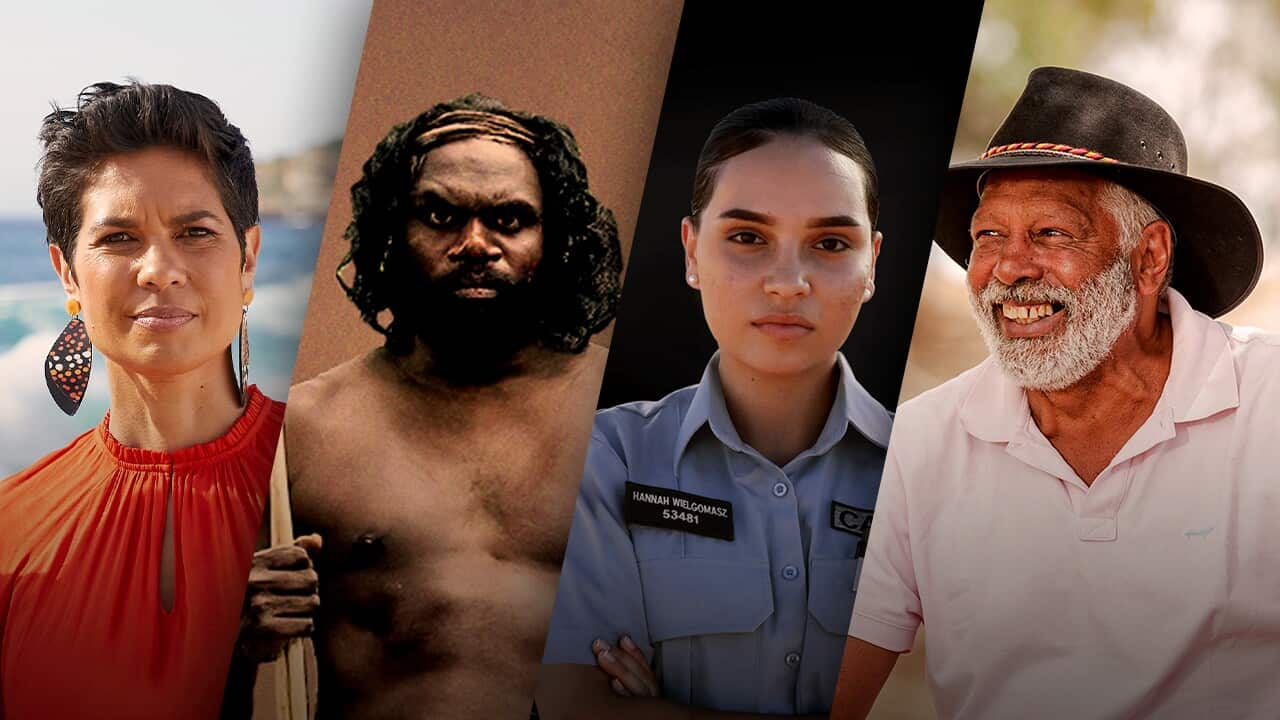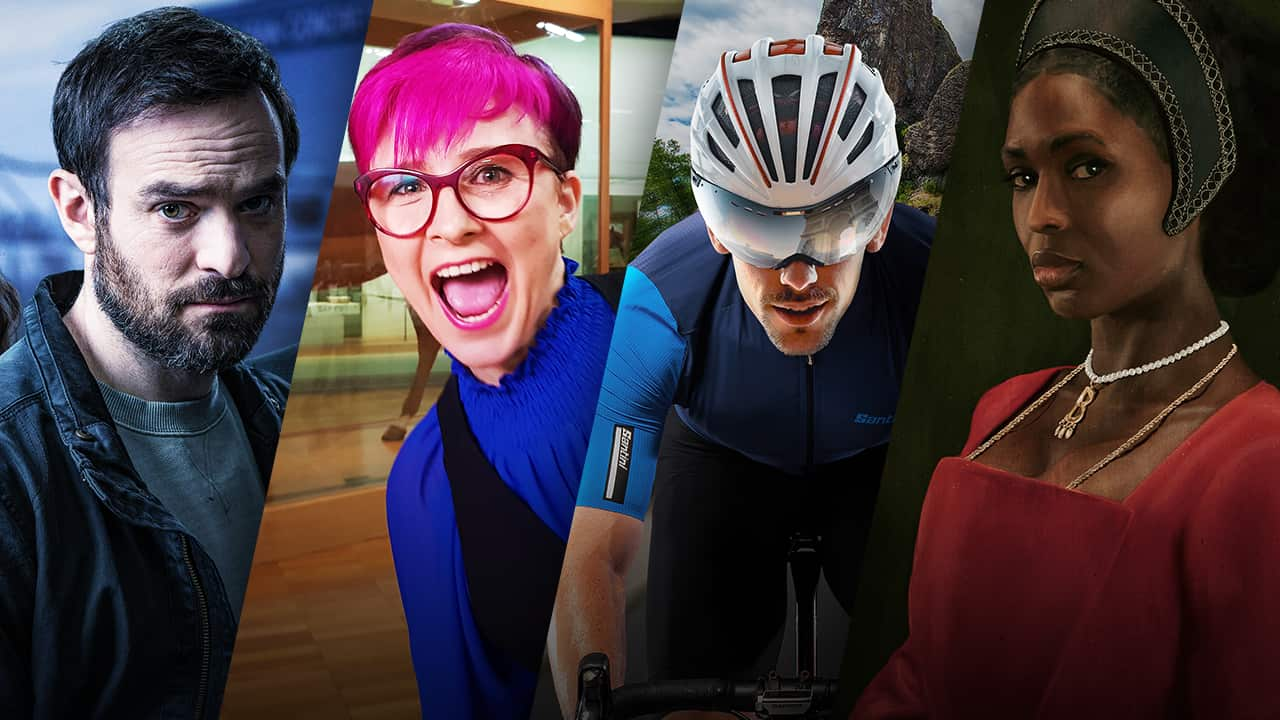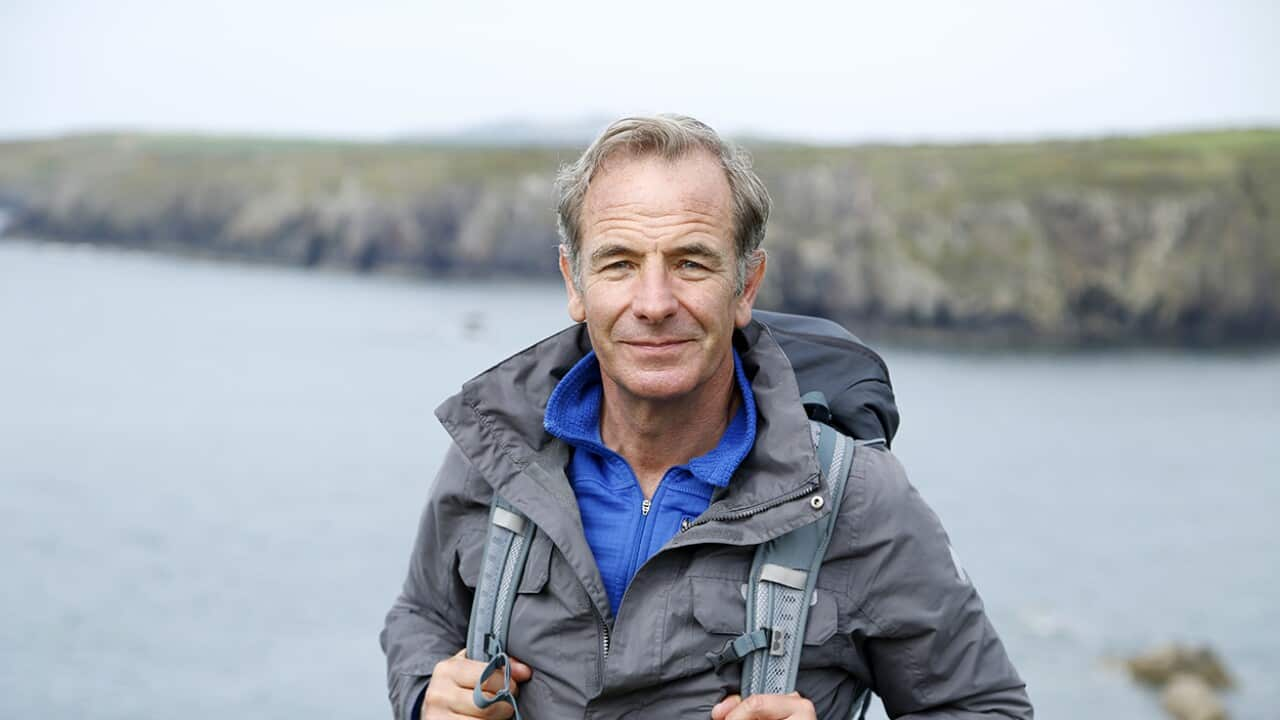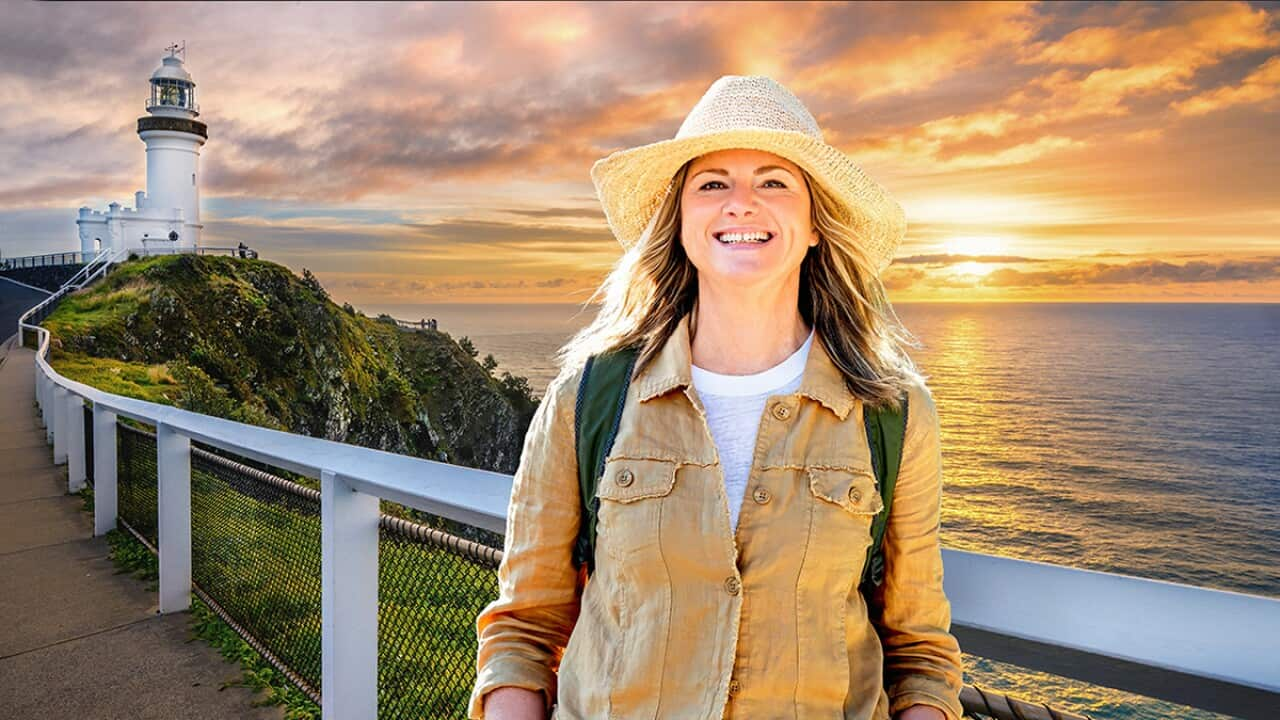Comedian Cal Wilson is a household name, having appeared on a number of TV shows in Australia, New Zealand and the UK. Now she is taking part in the SBS Original three-part documentary series Who The Bloody Hell Are We? Wilson along with Adam Liaw and John Safran look into Australia’s multicultural past, and uncover stories not found in our history books.
While Wilson has made her home in Melbourne for the last 20 years, she was born in Christchurch, New Zealand. As we chat, Wilson talks about how she was surprised at how much of an impact New Zealanders have had in shaping Australian history and how despite our shared parallel histories, rivalries between Australia and New Zealand remain.
What surprised you the most about the history of New Zealand and Australia?
That we have been embedded in the fabric of modern Australia right from the start. And just learning about so many innovations and really positive contributions that we’ve made.
You discovered that the Maori first came to Australia in the 1790s.
It blew my mind that shopkeepers in Sydney, some of them learned Maori because it was easier to communicate with Maori people who were coming over to trade. But yeah, it just made me feel like less of an interloper, because New Zealanders have been here for so long. It really made me feel like I belong here because we’ve been here for ages.
Do you think it would help Kiwis to know how much New Zealanders have contributed to Australia?
I think that Australia doesn’t really view New Zealanders as immigrants. New Zealand is already in this weird category of kind of being overlooked anyway. And it was just so exciting to find, as I’m sure people will be like, “Oh my God, I didn’t know that” because, there are so many amazing stories.
Why do you think Australians don’t view New Zealanders as immigrants?
I think that Australians view New Zealand as being a very similar country. But when I got here, I was surprised by just little everyday things that were different from back home. It’s got its own character. But I think we’re just not unusual enough to be exotic.

Cal Wilson and Mäori historian Brent Kerehona meet in Sydney. Source: SBS
Okay, so let’s talk about Pavlovas. Firstly, what’s your stance on Pavlovas?
(Laughs) They’re delicious. My belief is different sets of recipe books have logos from New Zealand. But I know, that will be hotly contested by you Australians. But I think we have to concede on lamingtons. I believe there was a parent lamington in Queensland, so I don’t know if we can lay claim to that.
This seems to show that Australia and New Zealand have similar histories, but we have so much rivalry, did you get to the bottom of why?
Well, I think it fits in with family really, doesn’t it? Like, you know, I’ve got two older brothers and I love them dearly but we fought until I was about 20. So it could be a proximity thing? It’s also because we were both a colony. Even modern Australia is a colony of Britain, as were we. And so we were kind of rivals for Mum’s affections. And so I guess we were looking towards Britain as opposed to looking towards each other in forming a bond.
So what do New Zealanders think about Australians?
I’ve heard from Australian friends that have gone to New Zealand and have been surprised at the vitriol of New Zealanders towards Australians. I think that we grow up in New Zealand feeling like Australia took a lot of the good people that were ours. If someone gets well known they’re suddenly Australian.
But that is happening to me now. No one will ever let me forget that I’m a New Zealander because everyone has to imitate my accent and comment on it. But the majority of my career has been in Australia and I love living here and I love the career that I’m having in Australia. So I kind of go, well, yeah, I’m a Melbourne comedian. But at the same time, I probably wouldn’t say that when I was at home in New Zealand.
You also say in the show that history has largely been written by white dudes. How does this impact the people that we celebrate?
It absolutely impacts the people that we celebrate, because it comes down to who they’ve listened to and taken note of. If you don’t think it’s worthwhile talking to women, or people of colour, you’re only going to get a third of the story. Diversity gives us such a wider view of history. I think it’s so important.
I know that I have a real pride when I see a woman succeed. And I think it’s because my career has been in spaces that have been traditionally largely male, so I know. I get it. And I love finding the trailblazers and going wow, they were doing really good work way back when.
Finally, what did you learn being part of this documentary?
I think it’s finding out that we’ve been here for so long. As a New Zealander we have been intertwined in this country right from the start of colonisation. But also there’s some thought that Maori and Indigenous Australians were trading before white people arrived and I love that. It made me feel like I am much more at home here because there is history of my people here.
And I felt really proud of all these amazing people who fought their own path and unknowingly contributed far more to society than they ever thought they would.
Three-part series Who The Bloody Hell Are We? premieres at 7.30pm on SBS on Wednesday 19 July, airing weekly. All three episodes will be available to stream on Wednesday 19 July.
